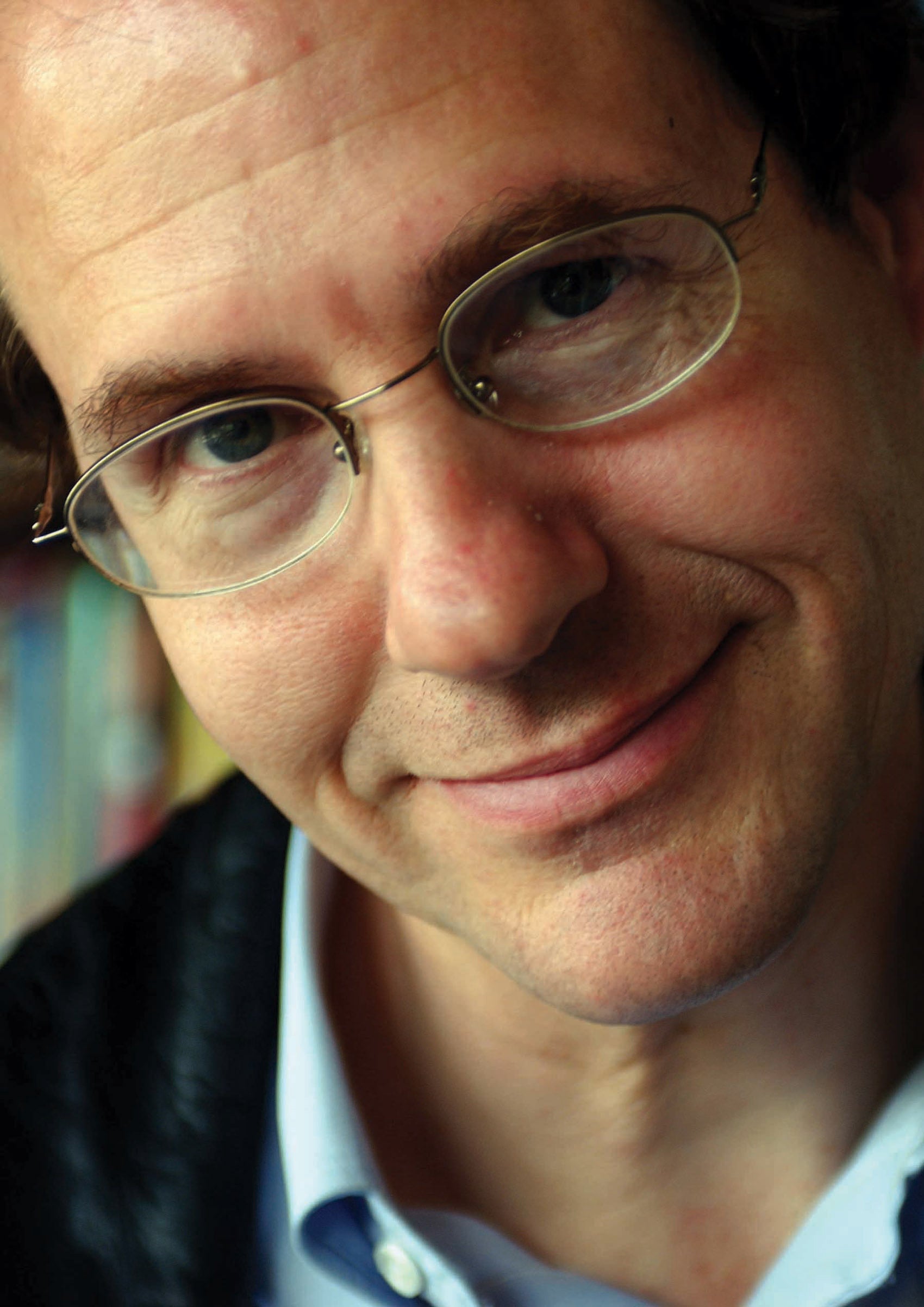The following op-ed by Professor Cass Sunstein ’78, “The fate of Roe v. Wade and choice,” was published in the September 14, 2008, Boston Globe.
The right to reproductive freedom has played an occasional role in many presidential campaigns, but its fate is likely to turn on the 2008 election. Republican presidential candidate John McCain vows to “return the abortion question to the individual states” and then “to end abortion at the state level.” The new president will probably be in a position to appoint at least one and perhaps as many as three new justices. With an excellent chance to reconfigure the Supreme Court, McCain, if elected, might well be able to get what the antiabortion movement wants – and more fundamentally, numerous changes in other areas of constitutional law as well.
Those who seek to preserve the right to choose ought to be prepared to make some distinctions. As it was written in 1973, Roe v. Wade was far from a model of legal reasoning, and conservatives have been correct to criticize it. The court failed to root the abortion right in either the text of the Constitution or its own precedents.
Moreover, it ruled far too broadly. In its first encounter with the abortion question, the court failed to focus on the particular abortion restrictions at issue, some of which were unusually draconian, forbidding abortion even in cases of rape. Instead, the court took the highly unusual step of a setting out a series of rules for legislatures to follow.
It is no wonder that millions of Americans felt, and continue to feel, that the court refused to treat their moral convictions with respect. Nor is it surprising that Justice Ruth Bader Ginsburg – the most important women’s rights lawyer in the history of American law, but also a judicial “minimalist” – has sharply criticized Roe for doing so much so fast.
But it is one thing to object to Roe as written in 1973. It is another to suggest that it should be overruled in 2008. American constitutional law is stable only because of the principle of stare decisis, which means that in general, the Court should respect its own precedents.
Roe v. Wade has been established law for 35 years; the right to choose is now a part of our culture. A decision to overrule it would not only disrupt and polarize the nation; it would also threaten countless doctors, and pregnant women and girls, with jail sentences and criminal fines. As Ginsburg has also urged, Roe v. Wade is now best seen, not only as a case about privacy, but also as involving sex equality.
No one should disparage the convictions of those who believe that abortion is an immoral act. But after more than three decades, a decision to overrule Roe v. Wade, and to throw an established domain of human liberty into turmoil, would be anything but conservative. It is relevant here that many people, including McCain running mate Sarah Palin, believe that abortion is unacceptable even in cases of rape and incest, and there is little doubt that if Roe is overruled, some states will enact that belief into law.
Continue reading “The fate of Roe v. Wade and choice.”
Cass Sunstein is a professor of law at Harvard Law School and an informal adviser to the Obama campaign.
